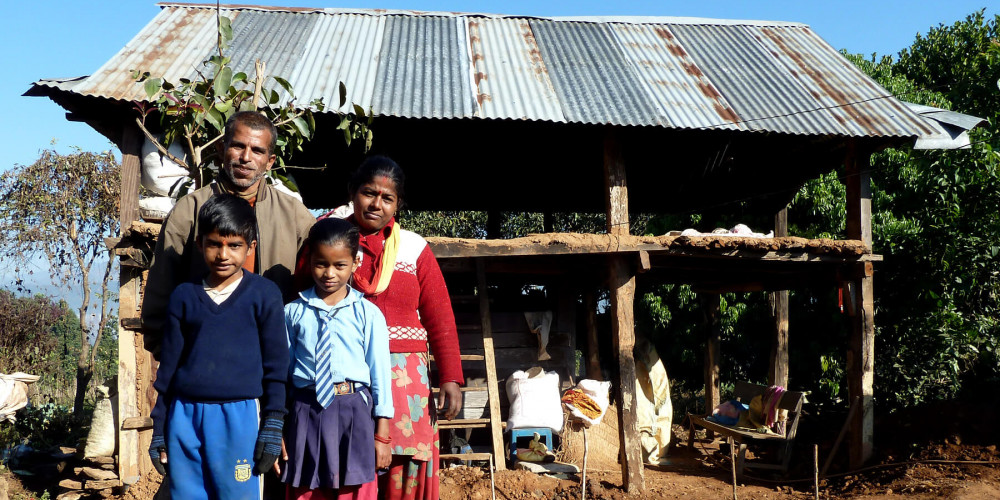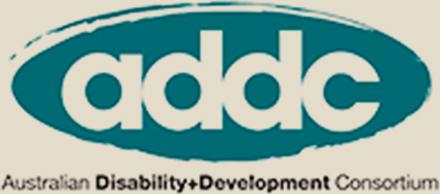KIT Blog
"Even my own relatives refused to come near me"
-
 The Leprosy Mission Australia
The Leprosy Mission Australia
- May 08, 2017
- Nepal,
- People you have helped
Around 18 years ago Rangaraj developed unusual nodules on his face and leg. He didn’t know what was wrong. A gnawing concern compelled him to make the difficult journey across the mountains. A public hospital in Kathmandu recognised his signs as being leprosy. Upon this diagnosis, his wife left him because she feared she would contract leprosy. Medical staff at that hospital referred him to Anandaban hospital for treatment. When he arrived, Ranagaraj was depressed and scared. There were patients there who had clawed hands and amputations as a result of leprosy. He wanted to run away. He was terrified that the same thing would happen to him. But through the Hatia Self Help Group Rangaraj learned that leprosy is caused by a bacteria and is curable, that disabilities are preventable, and how important it is to treat leprosy early.
Rangaraj had a common complication of leprosy called Reaction. Reaction is an episode of inflammation that can result in extensive nerve damage. Anandaban hospital staff admitted Rangaraj for 2 months of treatment. He was also started on 24-months of Multi-Drug Therapy that would cure him of leprosy. Rangaraj returned to his village and ultimately remarried. Now, he and his wife Bimala, have two healthy children: a 10-year-old son, Suraj, and an 8-year-old daughter, Samjhana.
When people in his community found out that he had leprosy, they started treating him differently. They wondered what he did to deserve the disease.
“Even my own relatives refused to come near me.”
These attitudes have changed because of the Hatia Self Help Group. The group’s efforts to raise awareness, through street drama, has helped the community understand that leprosy is curable. His village now knows about leprosy and there is no longer any discrimination. But Rangaraj reports that there are other villages nearby where people don’t know that leprosy is curable. His group is planning to conduct awareness raising activities in these villages too.
By taking a small loan from the group, Rangaraj was able to start a chilli farm. With your support of the PACED CHAMP project, he was trained in the “Israeli method” of farming which accounts for farming on arid, water-limited land like that of his village. The farm is in its earliest stages of production, but Rangaraj is hopeful that it will help support his family. Together the Hatia Self Help Group are working on a new business initiative to produce environmentally-friendly leaf-pressed plates. Because of his committed participation in the group, the Hatia Self Help Group has elected him as its chairperson.
“Thank you very, very much for supporting people affected by leprosy like me. I have lived in very poor conditions, but now, thanks to your support the living conditions for me and my family are greatly improving.”
During the earthquakes of April 2015, Rangaraj’s home was severely damaged. The house leant unsafely to one side and had to be demolished. Now he and his family have to live in a cowshed while they wait for their house to be rebuilt. Through the Self Help Group he has learnt about the government’s provisions for poor families. “Before I was totally unaware that provisions were available for poor people in my community. But through the help of the project I have now been able to access government support for rebuilding my home after the earthquake.” The rebuilding of his home is in process and will hopefully be completed shortly.
You can support Rangaraj and the Hatia Self Help Group by giving to their new business initiative.













